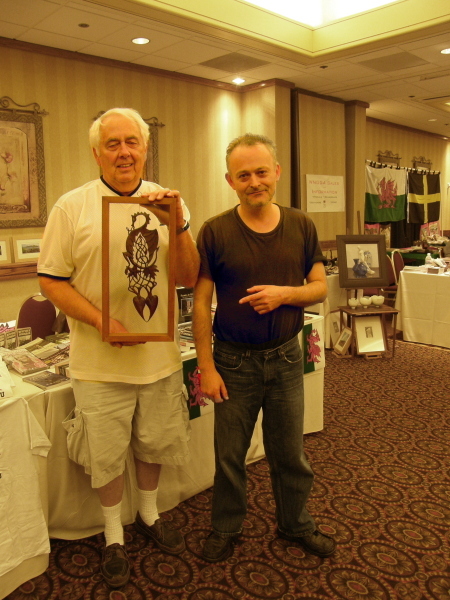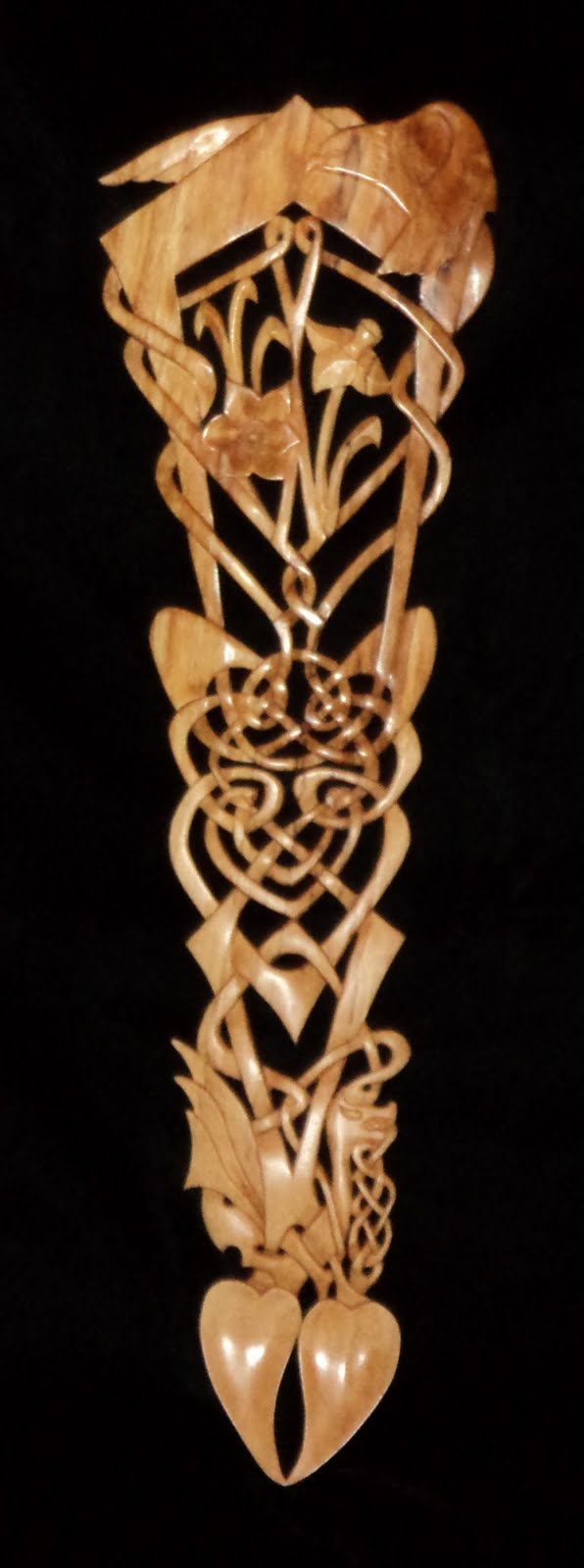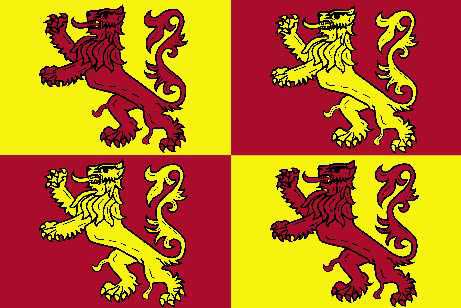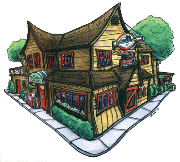Blogs
http://www.lasersareus.com/giftware/glassware.php#flutes
Wales at Wordstock: Welsh Identity in Literature From Dylan Thomas to Dr Who.
By Ceri Shaw, 2010-09-14
My post on the Wordstock blog. An intro to our panel discussion at Wordstock, 11 a.m. Saturday, October 9th, OEA Stage, Oregon Convention Center featuring Niall Griffiths, Harrison Solow and Chris Keil.
http://www.wordstockfestival.com/cms/?p=1823
p.s They didn't use my pic! This is the one I sent 'em.
From David Western's Portland Lovespoon Blog:- "I am a little excited today because this week, I get to report that the spoon is finished."..... MORE
For a chance to win this unique work of art please click on the 'donate' button either on the blogpost linked above or on the AmeriCymru homepage here . Every dollar entitles you to one ticket/one chance in the grand prize draw which will take place at our booth at Wordstock in Portland on Sunday October 10th 2010. All proceeds got to support the Left Coast Eisteddfod in this and subsequent years. The winning donor will be notified via email.
To reserve tickets for this years Left Coast Eisteddfod 'Night of The Living Bards'event go here .
It was a great pleasure to be offered a copy of Moch Pryderi's recent CD , Moch IV for review at the recent NAFOW Festival in Portland . Diolch yn fawr Bob. There is a complete track listing at the bottom of this post together with a YouTube video of the band performing 'Santa Anna's Retreat/Pa La Mae 'Nghariad' for anyone who wants to skip forward and sample the bands style without any further introduction.


So, who are Moch Pryderi? They might be described as a ceilidh/twmpath band which combines Welsh, Breton and North American folk influences in their repertoire. I realize of course that the term 'ceilidh' applies more properly to Scottish traditional music and that ' twmpath' means no more in Welsh than a grassy hillock or mound on which musicians in bygone centuries would perform. But then again 'ceilidh' simply meant social visit at one time and its for Welsh and Scottish traditional bands and musicians to call their music whatever they like.
1. Trafaeliais Y Byd ( I Travelled The World )
2. Welsh Bagpipe Medley
3. Hen Ferchtan
4. Pibddawns Moch
5. Six Jovial Welshmen
6. Santa Anna's Retreat/Pa La Mae 'Nghariad I
7. Bu Farw'r Cathod
8. Waltz of the Pigs
9. Bachgen Bach O Dincer
10. The Fair Maid
11. Llwyn Onn
See Moch Pryderi Live at the 21st Annual Fredericksburg Welsh Festival
I am back in Carmarthen and can see in yesterday's Western Mail magazine that from next Saturday (18th September), they will be featuring a 25-part history of Wales in the magazine. I have no idea whether this will be published as a book but I'll check their website. I imagine it will be viewable on the site but I'm not certain.
Gaynor
Bipolar Cardiff Author Launches Bangkok Novel To Celebrate World Mental Health Day
By Ceri Shaw, 2010-09-11
World Mental Health Day will be celebrated at the Wales Millennium Centre this year with the launch of a novel Bamboo Grove , set in Bangkok, with a bipolar teenager as its main character. Manic depressive author Romy Wood looks at the extremes of life in the Far East through the eyes of Jessica, a young woman who also has the disorder. Precarious at the best of times and vulnerable to exotic job offers, Jessica meets Moses, a pseudo-Buddhist monk and Pippa, a Romanian illegal immigrant, and is sent to Bangkok by a quixotic pair of young businessmen. All become intricately, messily bound by the unique and rather dubious organization that is Eastern Vision. The empire has one foot in the seedier realms of metaphysical Surrey and the other amongst the slums and skyscrapers of the City of Angels. From faux-Eastern objets to real estate, client-centred sperm-donation to gypsy magic, the tangled fortunes of Eastern Vision go from strength to strength and back again. Bamboo Grove is a very funny satire about sex, financial boom and bust, corruption, cultural collision, fertility, altruism and unethical tourism.
Romy Wood taught drama in comprehensive schools for ten years. She works as an associate Lecturer for the Open University. This novel is informed by her experiences of Romania and Thailand, where she has friends and family, as it is by Romys life as a woman with Bipolar Disorder. She lives with her husband and three children in Cardiff.
In my day we'd have none of this flibberjibbery; sportsmen were always gentlemen and devil dodgers were kept at arms length, given a stiff G and T and sent to Calcutta.
Bye the bye - I don't know if anyone has noticed but Blighty is being run ( albeit on a superficial level ) by a bunch of jumped up hooray Henry's who wouldn't know how to organise a two car funeral. Bloody liberalism masquerading as oligarchical bull in a china shoppery just isn't on don't cha know.
What we need is a return to some good old fashioned social prejudice based on money; I have enough lucre to bribe William Gates Esq several times over and indeed have done in the past - he would draw the line at Whistleton Windows however and Memsahib Microsoft was also passed over. ( Memo to self - release another 100 Billion from funds to surpress Google ).
Time to go now my colonial chums. I can here the gin man putting the Gordon's on the patio.
Chin Chin!
QWT.
Welcome to our new style weekly broadcast email. We have incorporatedour new leaderboard feature so that you can see all of the weeks top content at a glance . Click here:- http://americymru.ning.com/leaderboards or on the image below:-
Promo for Sexbomb's appearance in Portland Oregon at Head Bang for Head Cancer ( ok so the venue is wrong but apart from that it's cool ) They will also play a few numbers at ' Night of The Living Bards' on Thursday night ( The Buffalo Gap 5-12 pm Oct 7th.) Click the link below if you dare!!!!







